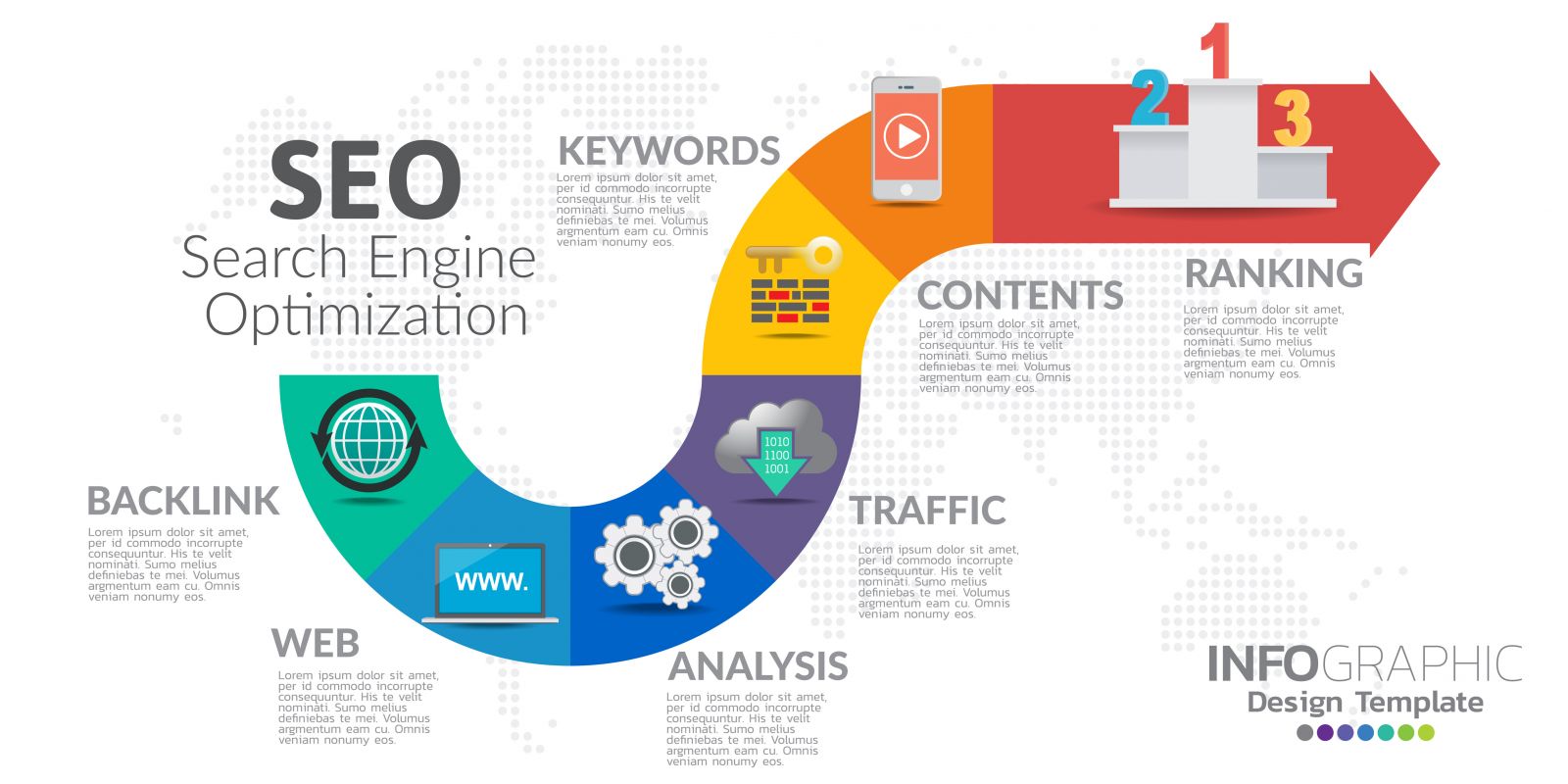
You’ve got a great product or service, an eye-catching website, and maybe even some solid customer reviews. But if your business isn’t showing up on Google’s first page, you might as well be invisible to potential customers.
The truth is, most people don’t scroll past the first few search results—let alone the second page. That’s why Search Engine Optimization (SEO) is a must if you want to get found online and attract more customers.
So, what exactly is SEO, and how can you use it to make your business more visible? Let’s break it down.
What Is SEO and Why Does It Matter?
SEO is all about optimizing your website so search engines like Google can find, understand, and rank it higher in search results. The higher you rank, the more organic (free) traffic you’ll get.
Think of SEO as the roadmap that leads customers to your business. Without it, your website is like a hidden treasure with no map—people know what they want, but they just can’t find you.
A solid SEO strategy can help:
- Increase website traffic without relying on paid ads
- Boost brand credibility and trust
- Generate more leads and sales
- Keep your business competitive in your industry
1. Start with the Right Keywords
SEO starts with keywords—the words and phrases your potential customers type into Google when searching for businesses like yours. The trick is finding the right keywords, not just the most popular ones.
For example, if you’re a local bakery in Austin, ranking for “best bakery” is tough because it’s so competitive. But targeting “best bakery in Austin” or “organic cupcakes Austin” gives you a better chance of reaching the right audience.
Use tools like Google Keyword Planner or SEMrush to find high-intent, low-competition keywords that your target customers are actually searching for.
2. Optimize Your Website for Search Engines
Once you’ve got your keywords, it’s time to optimize your website. Google looks at several factors to determine where your site ranks, including:
- Title Tags & Meta Descriptions: These appear in search results and should include your target keywords.
- Header Tags (H1, H2, H3): These help Google understand the structure of your content.
- Image Optimization: Use alt text to describe your images so search engines can “read” them.
- Fast Loading Speed: A slow website can hurt your rankings. Use tools like Google PageSpeed Insights to check your site’s speed.
If your website isn’t optimized, search engines will have a hard time understanding what it’s about—and that means lower rankings and fewer visitors. Need help with website optimization? Check out our web development services to ensure your site is SEO-friendly.
3. Create High-Quality, Keyword-Rich Content
Content is king in the SEO world. Google prioritizes valuable, relevant content that answers users’ questions. That means if you want to rank higher, you need to publish high-quality blog posts, guides, and FAQs that are optimized with your target keywords.
For example, if you run a fitness coaching business, writing blog posts like “Best Workouts for Beginners” or “How to Meal Prep for Weight Loss” can help attract visitors looking for fitness advice. The more useful content you provide, the more Google sees your website as an authority—and the higher you’ll rank.
If you need help with content creation and SEO-driven social media strategies, explore our social media marketing services for expert guidance.
4. Get High-Quality Backlinks
Backlinks are links from other websites that point to yours. They act as “votes of confidence” for your site—if high-authority sites link to you, Google assumes your content is valuable and ranks you higher.
Some ways to build backlinks:
- Guest posting on industry-related blogs
- Getting featured in news articles or online publications
- Partnering with influencers or local businesses
- Creating shareable content that others naturally want to link to
The more quality backlinks you have, the more Google trusts your site—which means better rankings.
5. Optimize for Local SEO (If You Have a Physical Location)
If you own a local business, Local SEO is your best friend. When people search for businesses “near me,” Google prioritizes local listings in the Google Map Pack.
To boost your local search rankings, make sure you:
- Claim your Google Business Profile and keep it updated
- Encourage customer reviews (positive reviews help rankings!)
- Use location-based keywords (e.g., “best plumber in Miami”)
- List your business in online directories (like Yelp, Angi, and Bing Places)
When done right, local SEO helps you dominate search results in your area, putting your business in front of people who are ready to buy.
6. Track Your Progress and Keep Improving
SEO isn’t a set-it-and-forget-it strategy. Google’s algorithm constantly changes, and your competitors are always optimizing, so you need to stay on top of your SEO efforts.
Use tools like Google Analytics and Google Search Console to track:
- Website traffic and where it’s coming from
- Which keywords are driving the most clicks
- What pages people spend the most time on
- Any technical issues affecting your site’s performance
By regularly analyzing your SEO performance, you can tweak your strategy and continue improving your rankings.
Get Found Online with SEO
If your business isn’t showing up on Google, you’re missing out on potential customers every day. SEO isn’t just about ranking higher—it’s about getting the right people to find you at the right time.
At SKR Pro Social, we specialize in SEO optimization, social media marketing, and website development to help businesses like yours stand out online.
Ready to improve your rankings and attract more customers? Contact us today for a personalized SEO strategy that works!
